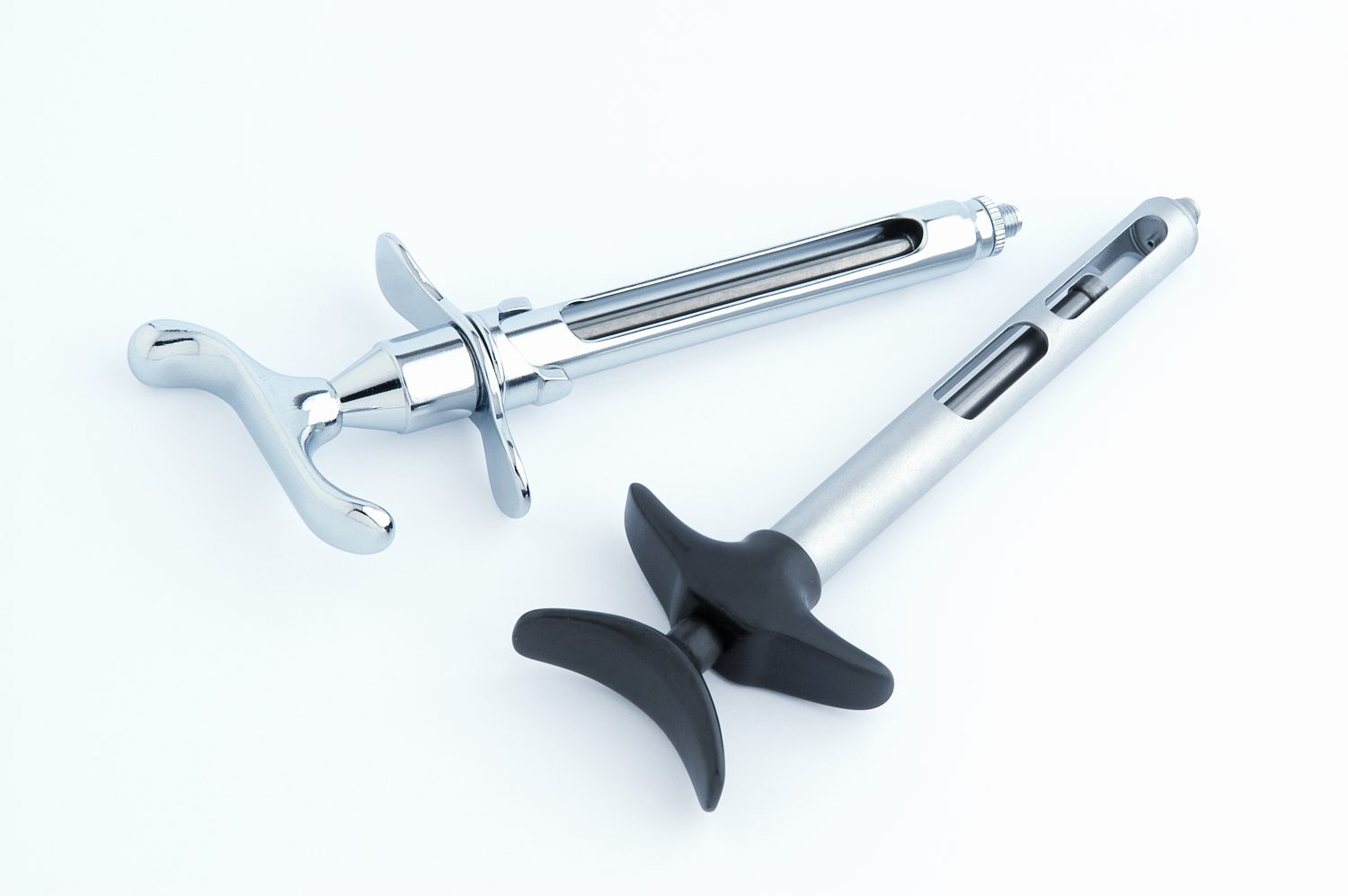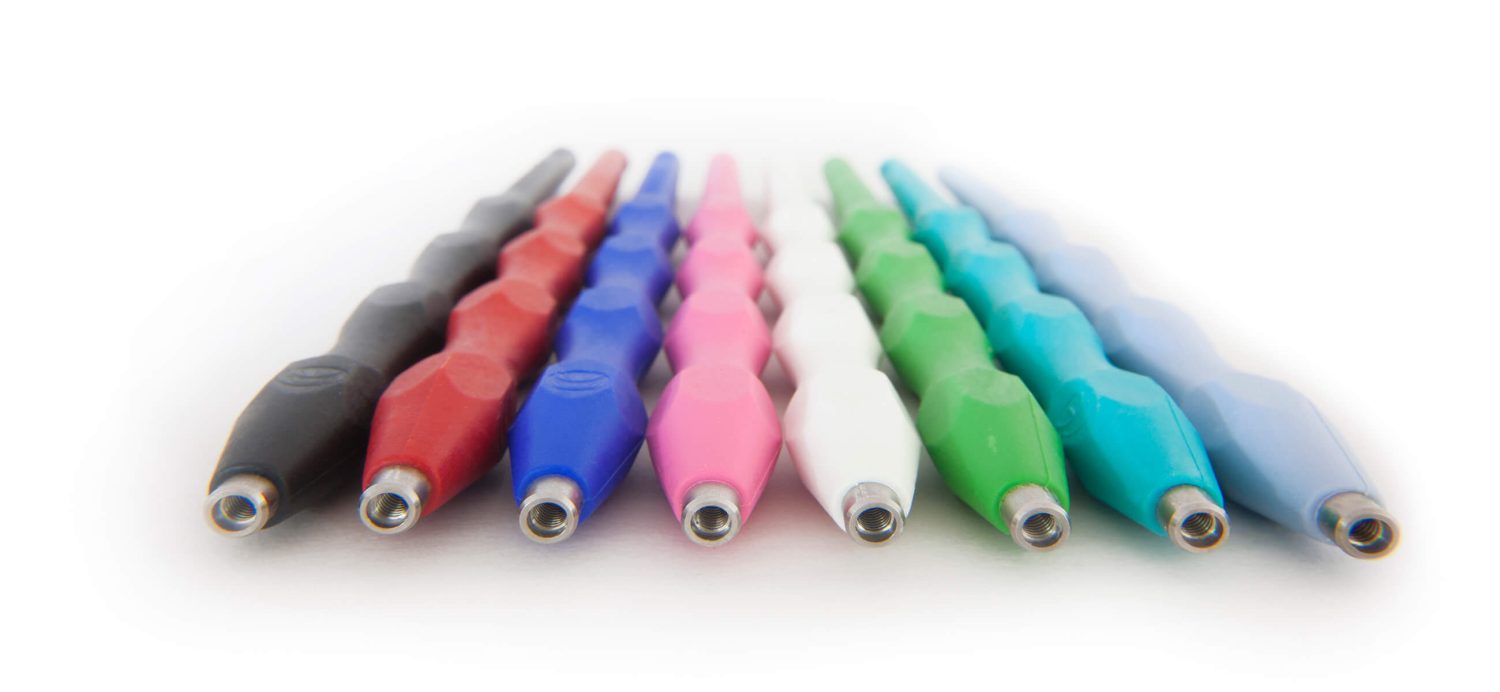nova instruments Instrument Care guidelines.

Instrument Care.
Dental Hand Instruments
Please find below answers on how best to look after your instruments purchased from Nova Instruments.
Washer/Disinfector Cleaning
Your washer/disinfector must be CE marked or validated.
Use only low foaming, non-ionising cleaning agents and detergent and always follow the instructions for use.
Open any joints or hinges to enable full draining.
Ensure heavy instruments are placed at the bottom of the basket.
Place any concave surfaces face down.
Use purpose-designed attachments to flush inside reamers, lumens and cannulas.
High alkaline solutions (pH>10) may damage some materials (such as aluminium).
Use soft, high purity water for final rinsing.
Ultrasonic Cleaning
Do not overload/overcrowd cleaner with instruments.
Clean for no longer than 10 mins.
Colour-etched probes or black composite instruments should not be cleaned in an ultrasonic bath.
Manual Cleaning (NOTE: this is NOT a disinfection process)
Manual cleaning is recommended if you do not have access to an automatic washer/disinfectant.
In a sink used only for instrument cleaning, clean surfaces with an autoclavable brush and a CE marked cleaning solution to remove all debris.
Always brush away from the body and avoid splashing.
Pay close attention to serrations, hinges, ratchets, lumens and cannulas.
Rinse the instrument with soft high purity water and carefully dry by hand or in a drying cabinet.
Thermal Disinfection
Alkaline corrosive detergents should never be used.
Use only a CE marked machine and carefully follow the manufacturer’s instructions.
Cold Disinfection
Bleach (sodium hypochlorite) should not be used.
Follow all manufacturer’s instructions and warnings for de-contaminates, disinfectants and cleaning agents.
Use only CE marked products.
High alkaline solutions (pH>10) may damage some materials (such as aluminium).
Sterilisation with dry heat
Do not use dry heat to sterilise silicone handled instruments, hollow handled elevators or plastic mirror handles.
Aim for an ideal temperature 160°C, but never exceed 180°C.
Always follow the manufacturer’s guidelines.
Sterilisation in an autoclave
Instruments should be dry before sterilisation.
Always follow the manufacturer’s guidelines and never exceed the stated load.
Autoclave at 134-137°C for a minimum of 3 minutes.
General
Always repeat the decontamination process if any debris is still visible.
Damaged and worn-out instruments should be replaced.
Store instruments in a clean, well ventilated and covered condition.
If you have any queries, please contact your supplier.

